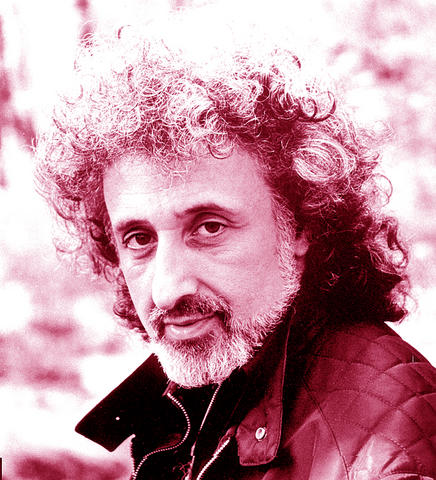Mischa Maisky must have played Dvorak's Cello Concerto so often it haunts him in his sleep. It may be the greatest concerto for cello and orchestra there is, but there are few challengers. While pianists and violinists have a huge range to choose from, players of instruments like the oboe or cello have to be grateful for what little they've got.
The work is magnificent, endlessly melodic, and plumbing the depths of sadness as well as scaling the heights of exuberance. Dvorak was adored worldwide in his day because his music was simultaneously serious and accessible. People loved his folksy Czech lyricism and his ruminating introspection equally. He made them feel they appreciated "serious music" while at the same time giving genuine pleasure. If your wife had left you or your infant child died, Dvorak was the man to turn to for comfort and a consoling wider view of things.
As a Russian, Maisky must feel drawn to the work in other ways, too. Russians used to be thought of as having great depths of soul, and the music shares with them a sometimes melancholy, never-depressed soulfulness. But in Dvorak's time they also were powerfully influenced by a Pan-Slav movement, making them feel strongly about their affinities with Czechs, Macedonians and Croats. When its audiences first heard Dvorak's great concerto, they would have immediately thought about the Slavic peoples, their heritage in legend and their struggles to found their own homelands.

Tonight's concert will also be an occasion to welcome again Chien Wen-pin (簡文彬) back to Taiwan as he presides over his old orchestra, this time as their principal guest conductor. He's much missed, and it's significant to note that his concert last Sunday afternoon featuring Tchaikovsky's Pathetique Symphony was 92 percent full.
Maisky might also have in mind his former teacher, the late Mstislav Rostropovich who played Dvorak's Cello Concerto in the same Taipei hall on the building's 15th anniversary. Now it's the 20th, and so tonight's concert has been billed Maisky's Nostalgia.
Mischa Maisky performs with the National Symphony Orchestra under Chien at Taipei's National Concert Hall tonight, starting at 7.30pm. Tickets are from NT$500 to NT$2,500. For more details call (02) 3393-9888.

May 11 to May 18 The original Taichung Railway Station was long thought to have been completely razed. Opening on May 15, 1905, the one-story wooden structure soon outgrew its purpose and was replaced in 1917 by a grandiose, Western-style station. During construction on the third-generation station in 2017, workers discovered the service pit for the original station’s locomotive depot. A year later, a small wooden building on site was determined by historians to be the first stationmaster’s office, built around 1908. With these findings, the Taichung Railway Station Cultural Park now boasts that it has

The latest Formosa poll released at the end of last month shows confidence in President William Lai (賴清德) plunged 8.1 percent, while satisfaction with the Lai administration fared worse with a drop of 8.5 percent. Those lacking confidence in Lai jumped by 6 percent and dissatisfaction in his administration spiked up 6.7 percent. Confidence in Lai is still strong at 48.6 percent, compared to 43 percent lacking confidence — but this is his worst result overall since he took office. For the first time, dissatisfaction with his administration surpassed satisfaction, 47.3 to 47.1 percent. Though statistically a tie, for most

Wooden houses wedged between concrete, crumbling brick facades with roofs gaping to the sky, and tiled art deco buildings down narrow alleyways: Taichung Central District’s (中區) aging architecture reveals both the allure and reality of the old downtown. From Indigenous settlement to capital under Qing Dynasty rule through to Japanese colonization, Taichung’s Central District holds a long and layered history. The bygone beauty of its streets once earned it the nickname “Little Kyoto.” Since the late eighties, however, the shifting of economic and government centers westward signaled a gradual decline in the area’s evolving fortunes. With the regeneration of the once

In February of this year the Taipei Times reported on the visit of Lienchiang County Commissioner Wang Chung-ming (王忠銘) of the Chinese Nationalist Party (KMT) and a delegation to a lantern festival in Fuzhou’s Mawei District in Fujian Province. “Today, Mawei and Matsu jointly marked the lantern festival,” Wang was quoted as saying, adding that both sides “being of one people,” is a cause for joy. Wang was passing around a common claim of officials of the People’s Republic of China (PRC) and the PRC’s allies and supporters in Taiwan — KMT and the Taiwan People’s Party — and elsewhere: Taiwan and